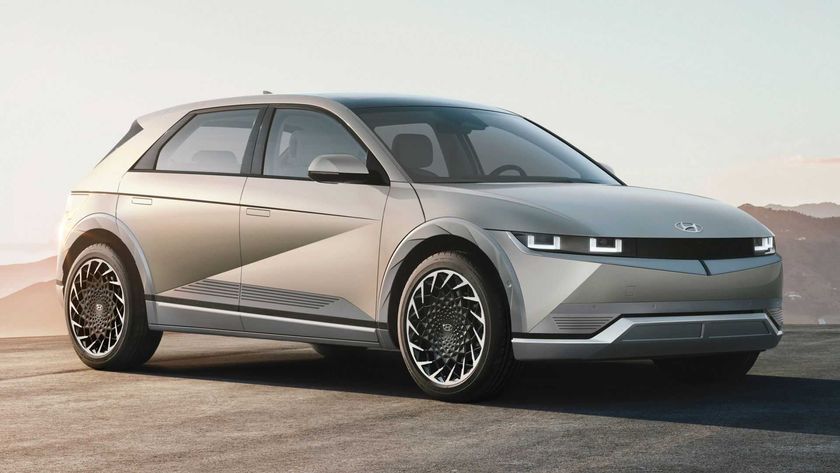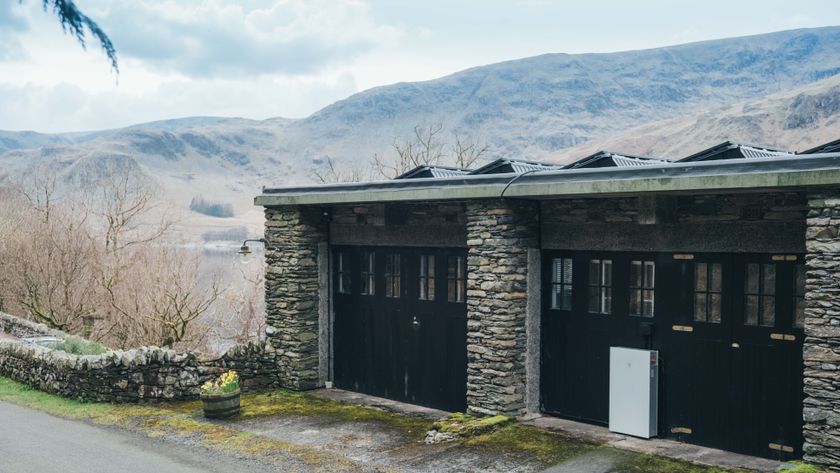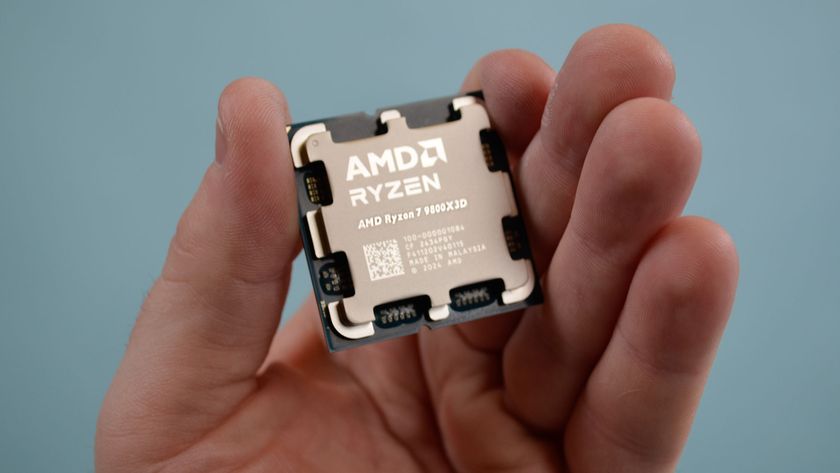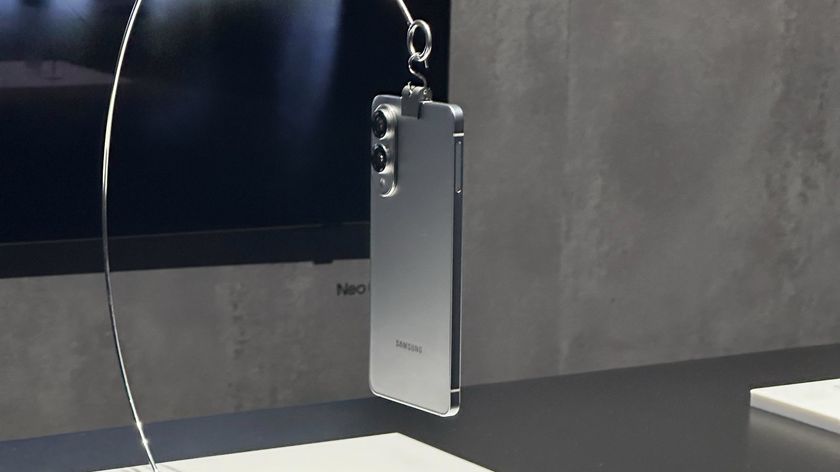Reliance bets big on sodium to win the EV battery race
Its a part of their clean-energy push
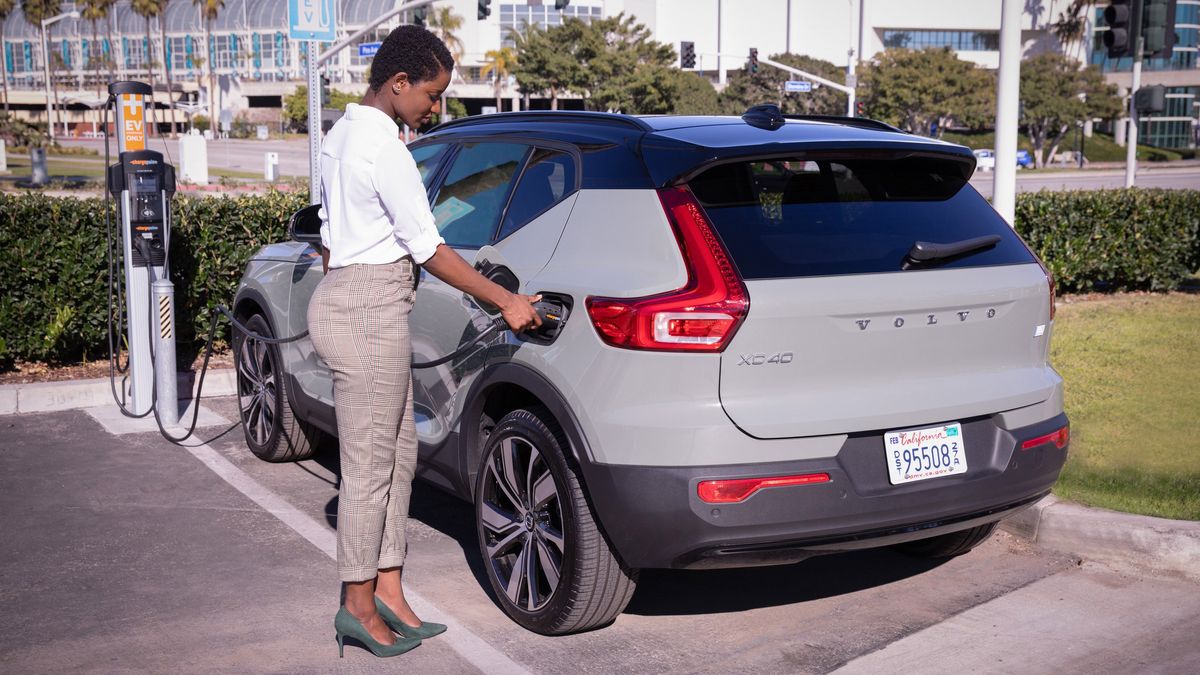
India's fast-paced shift towards electric vehicles from internal-combustion engines could create a huge demand for EV batteries. And India's richest man is betting big on sodium-ion cells to fulfil this growing need.
As part their clean energy push, Mukesh Ambani's Reliance Industries announced a massive $80 billion investment in green energy projects in Gujarat on January 13. Late in December, they announced the acquisition of UK-based Faradion, a company working on use of sodium ions in rechargeable batteries.
What is the Faradion deal?
The company's website claims that Faradion is among the first enterprises to identify and exploit sodium ions and holds more patents than competing companies in this domain. In fact, researchers spoke highly of a sodium-ion batteries back in 2015 and more recently there are now reports of their being commercially tested in the UK.
Reliance New Energy Solar, a subsidiary of Reliance Industries, that is piloting the green energy initiatives, is acquiring 100% stake in Faradion Limited by paying $134 million (approximately Rs.1,004 crore).
Experts claim that sodium-ion could be a good way to start off Reliance Industries new power-storage mega factory. The earth crust holds 300 times more sodium than lithium and soon there could be a scarcity of lithium and other material used in the manufacture of batteries for automobiles.
Why sodium-ion cells may be a good solution
A report by wire agency Bloomberg claimed that there could be a five-fold increase in the demand for metals used in lithium-ion batteries by 2030. Also, they predict that for the first time in several years battery packs for electric cars and bikes could get a price increase in 2022.
Given that Reliance is just starting off its green energy push, using a technology that could be as cheap as lead-acid batteries and has easy access to ingredients makes it a good bet. Moreover, given the price sensitive nature of India's automobile market, large scale adoption would depend on cheaper batteries and easy charging facilities.
Get daily insight, inspiration and deals in your inbox
Sign up for breaking news, reviews, opinion, top tech deals, and more.
Experts quoted in the report are however skeptical whether these batteries could be able to retain energy density to the level of lithium-ion ones. In other words, would it be able to store a high enough power in per unit of weight? However, companies such as Faradion appear to be working exactly in this space now. And Reliance is also adding an additional $33 million to accelerate commercial rollout of this technology.
Once achieved, Reliance could put these to use at their battery giga-factory located at Jamnagar in Gujarat. Of course, sodium-ion cells aren't new to the world.
And, sodium-ion cells aren't new in China
China's Contemporary Amperex Technology had unveiled first-generation products in this field last year. These could deliver 160 watt-hours per kg that compared reasonably with the lithium-ion cells.
However, Ambani's Reliance Industries wouldn't worry too much about losing the early mover advantage. Though EV storage market in India is pegged at $300 million now, it would zoom ahead over the next couple of years on the back of new electric bike launches and rising cost of fossil fuels.
It is expected that India would have all of its two-wheelers turn into e-bikes and over 70% of all car sales to be EVs. By this calculation, India's battery demand by 2050 will explode to $585 billion a year, according estimates from Kotak that Bloomberg has quoted in the news report.
Which is why we believe that Reliance Industries is once again making the right start at the right time.
Want to know about the latest happenings in tech? Follow TechRadar India on Twitter, Facebook and Instagram!
A media veteran who turned a gadget lover fairly recently. An early adopter of Apple products, Raj has an insatiable curiosity for facts and figures which he puts to use in research. He engages in active sport and retreats to his farm during his spare time.

